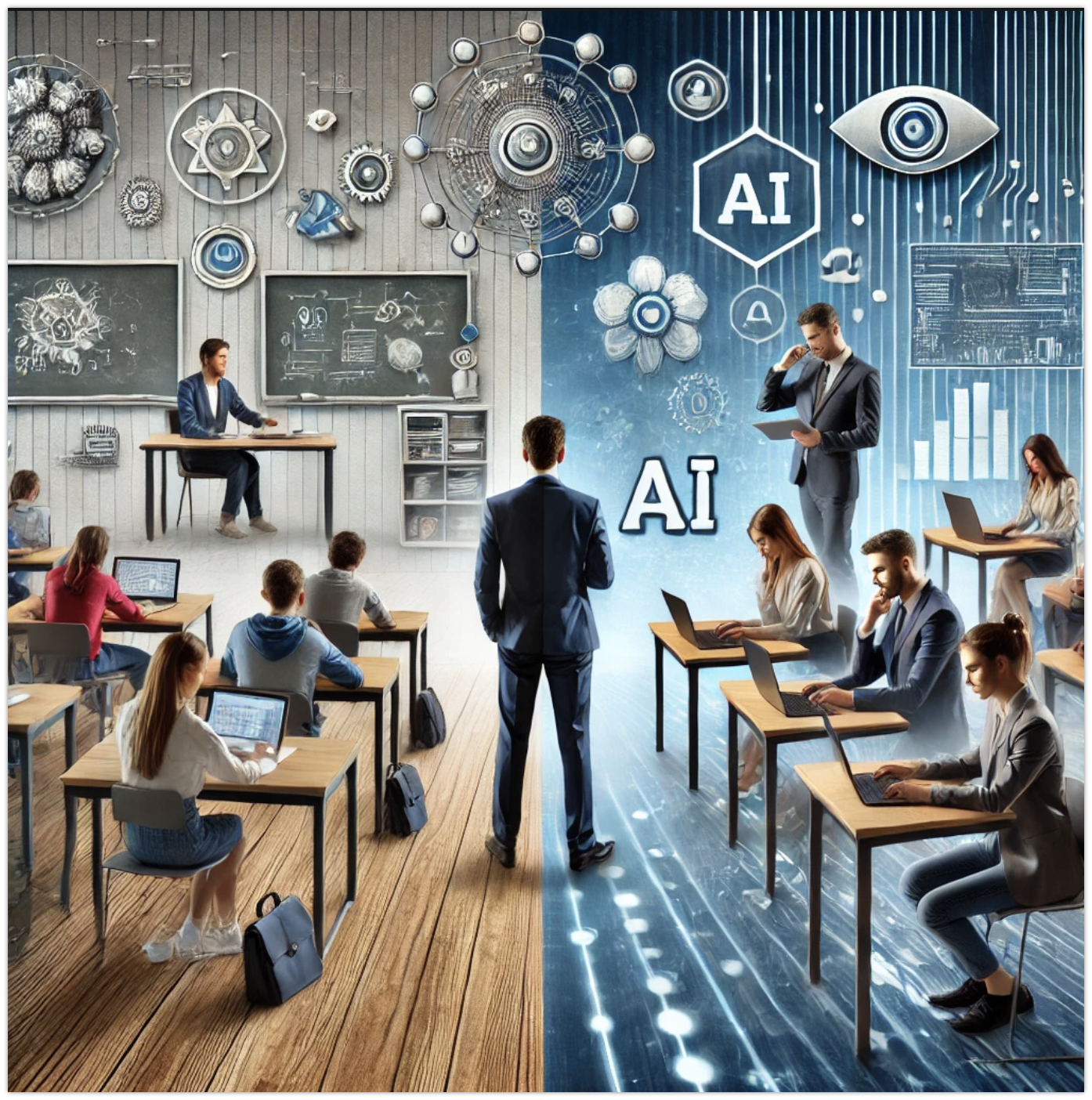The rapid integration of artificial intelligence (AI) into higher education, particularly through generative AI like ChatGPT, highlights the tension between embracing innovation and maintaining academic integrity.
This article underscores the divide among professors—some concerned about AI enabling cheating, while others explore its potential to enhance learning experiences. This disruption, however, is not limited to academia; it mirrors the broader societal challenge of adapting to AI across industries, including AI in sales and marketing.
In the context of Mindreader, an AI-powered sales intelligence tool, the conversation around AI in education resonates deeply. Like colleges navigating ethical and practical concerns, companies utilizing sales AI software face similar dilemmas.
Mindreader’s technology leverages AI for sales teams to streamline sales outreach, analyze customer behavior, and enhance communication through data-driven sales insights. However, it also raises important questions about responsible AI use, echoing the debate in education regarding fairness, transparency, and ethical boundaries.
The reluctance of professors to fully embrace AI parallels the hesitation some businesses may feel when adopting advanced AI tools for sales. Mindreader’s approach, much like forward-thinking educators, focuses on responsible AI use—ensuring transparency in data handling, respecting privacy, and mitigating bias in algorithms.
Just as educators aim to teach students how to critically assess and ethically use AI, Mindreader empowers sales teams to harness sales AI tools responsibly, enhancing customer profiling and behavioral segmentation without crossing ethical lines.
Moreover, higher education’s exploration of AI to improve efficiency—whether in admissions or marketing—aligns with how Mindreader applies sales and marketing automation to optimize strategies. Both sectors benefit from AI’s capacity to analyze large datasets and automate processes, freeing up human resources to focus on higher-level tasks.
In sales, AI sales assistants can improve personalization and engagement, much like how educators are using it for personalized tutoring.
As generative AI continues to evolve, institutions across sectors, including education and business, will need to define clear boundaries and invest in AI literacy.
For Mindreader, this means not only refining its technology but also educating clients on the responsible use of sales intelligence. This ensures that AI remains a tool for enhancement, not exploitation—a goal shared by both educators and AI innovators like Mindreader.




